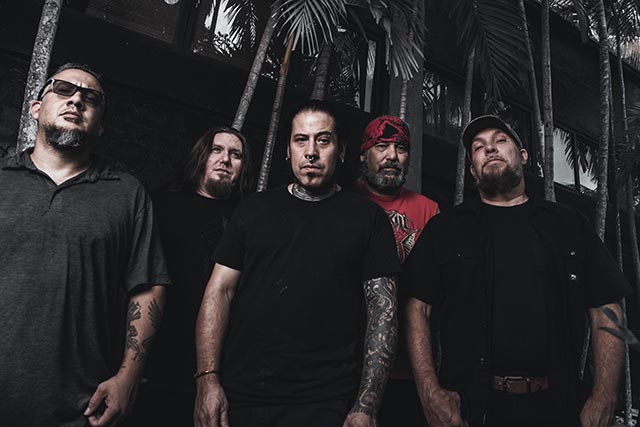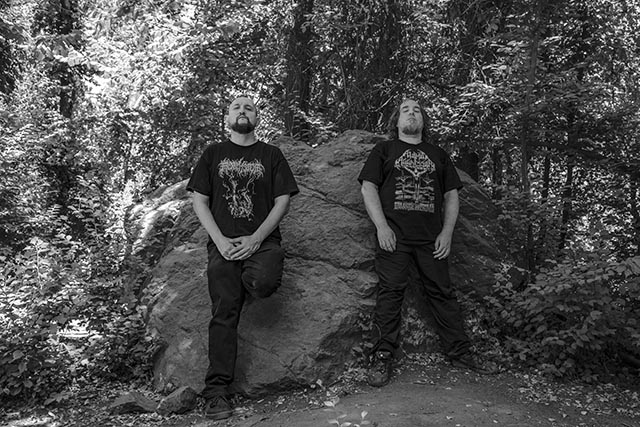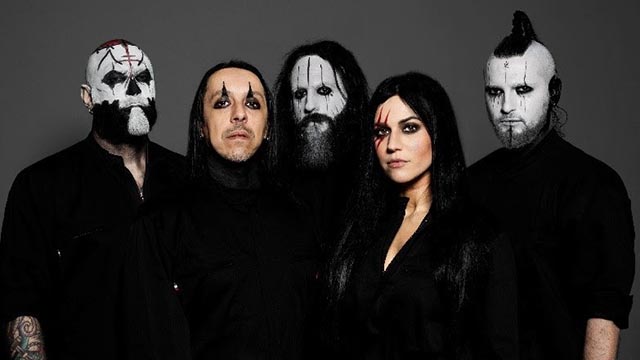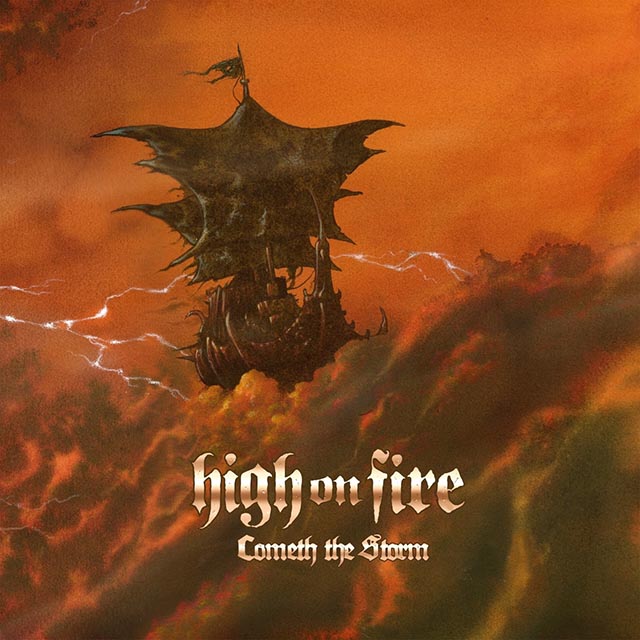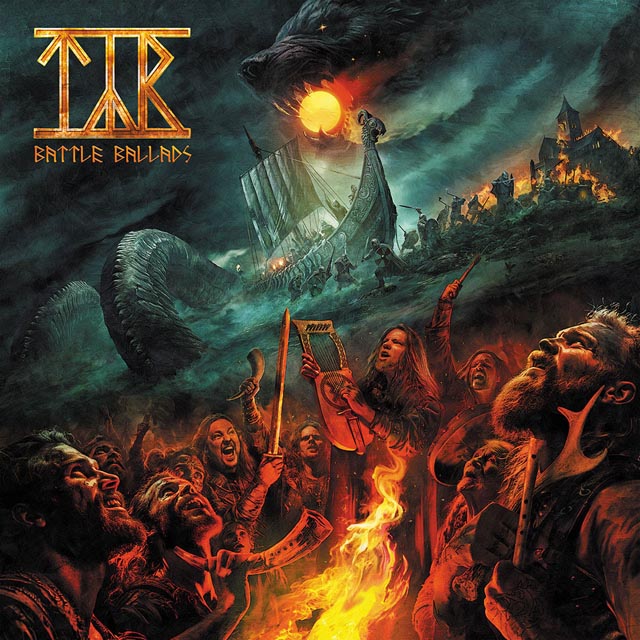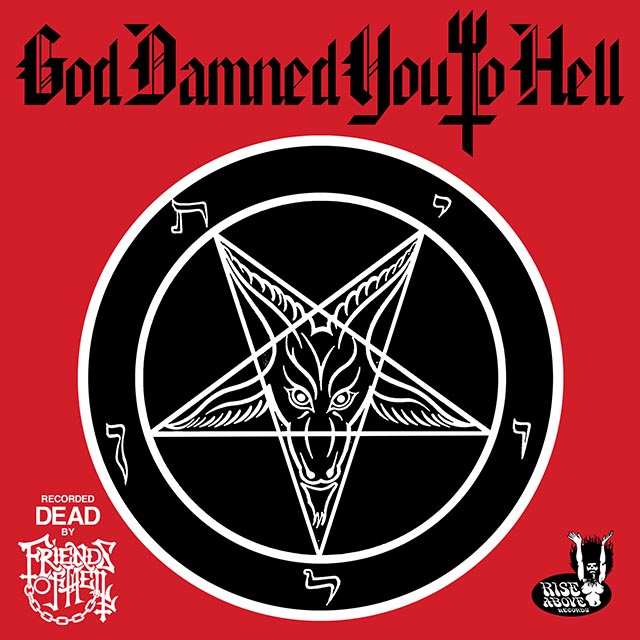 Last week, Tom Morello confirmed that he was contributing to the soundtrack of Marvel Studio’s Iron Man 2. But the man who is actually behind the score to this summer’s most anticipated block buster is Academy Award Nominated composer John Debney, who has worked on everything from movies like Sin City to The Passion Of The Christ. Metal Insider caught up with Debney to talk about his experience with the Rage Against The Machine guitarist, what we can expect from Iron Man 2, and what it takes to make it in the movie composition business.
Last week, Tom Morello confirmed that he was contributing to the soundtrack of Marvel Studio’s Iron Man 2. But the man who is actually behind the score to this summer’s most anticipated block buster is Academy Award Nominated composer John Debney, who has worked on everything from movies like Sin City to The Passion Of The Christ. Metal Insider caught up with Debney to talk about his experience with the Rage Against The Machine guitarist, what we can expect from Iron Man 2, and what it takes to make it in the movie composition business.
A few weeks ago, Rage Against The Machine guitarist Tom Morello confirmed that he was contributing your score for Iron Man 2. Could you give us a little more insight as to his involvement with this project? How has your experience working with Morello been?
Having been a fan of Tom’s for quite awhile, I was thrilled when our director Jon Favreau asked me if I’d consider having Tom play on the soundtrack. My answer was a very enthusiastic “yes” and was thrilled with what Tom brought to the score. Tom and I worked closely together as Tom added his unique guitar sound to the score. I would write the pieces and then Tom and I would work on guitar parts. I’m thrilled with the outcome as Tom’s personality shines through.
You wrote over 120 minutes of music for Iron Man 2. What can we expect to hear from the movie’s score? Could there possibly be a darker tone to it, or will it retain a similar upbeat feel heard in the first film?
The score to this film is quite different in many ways from the last score. This score while employing much guitar and more contemporary elements, it is also much bigger and darker in tone and scope. This film has a much deeper story arc to it than the first, and I think fans will be quite pleased by both the film and the score. We’ve included a large choir for some of the more dramatic moments even singing in Russian to capture the dark Russian soul of Ivan Venko (Mickey Rourke).
Marvel Studios revealed that many of AC/DC’s hits will be featured in the film. Has this had any influence over how your score for Iron Man 2 will sound, or will it serve to juxtapose AC/DC’s catalog?
The songs and score play two very different roles in the film. Although I’m a huge AC/DC fan, the songs did not influence to score.
Lately, many modern rock groups have been hired to score big blockbusters. What is your opinion of popular bands composing the soundtrack for movies? Is this a trend that you see occurring more or just a phase in the movie industry?
I love the idea of major rock bands being involved in the making of film music. However, the craft of creating score differ greatly from the craft of songwriting. To really create a great film score, moods and action must many times be carefully highlighted and it is very helpful to have a good knowledge of the mechanics of film scoring. I feel the most successful blending of these two worlds can occur with the pairing of major band and major film composer, just like I did with Tom Morello. I would craft the piece of score and then bring Tom in to create and work on the guitar textures.
Illegal downloading has been an issue plaguing the music industry for the past decade. However, online piracy has become an issue for the movie industry as well, with online leaks becoming a constant problem for studios. Would you say that movie piracy has created any limitations for composing scores? Have studios shown more restriction towards budgeting major motion picture soundtracks?
Wow that’s a whole issue to answer these questions. Yes it is a big problem. I’m pretty old school on this one… I feel that artists/creators should be paid for their work. This is why copyright laws were enacted in the first place. The piracy problem has had little to do with the budgeting of film soundtracks.
How did you start out composing music for films? Did you start off performing in bands or was composing soundtracks something you immediately gravitated towards?
I did start by playing in bands at a very early age. Then as I got older I decided that I wanted to study music and get a degree in it. This is what I did and I graduated from Cal Arts with a BA in music composition. Since that time I’ve worked on literally hundreds of both T.V. shows and films.
How much of the film do you have to see before you can begin scoring? Can you simply be told to write something for a specific type of scene or do you need to watch and choreograph the music to what is on the screen?
I see the film at every stage from individual scenes to a rough cut to the finished product. It is my job to specifically tailor and choreograph the music to fit the film. The best film composers know how to weave in and out of scenes seamlessly. This is why sometimes “groove” scores wear out their welcome. I’ve often noted that when a song or groove goes for too long, you can actually hurt the film in that this type of music can “flatten” out the experience. This is again why it is important to create variety with the film score.
Is there any particular score that you’ve done in the past that you are the most proud of? Any films that you’d love to one day help compose?
I’m just happy to be a viable choice for any film. Staying current is of crucial importance. I’ve done so many different types of film that there really isn’t one kind I haven’t done.
What advice would you give someone who is interested in becoming a film composer? How should they get started and maintain a living in the business?
Get a great education in all genres of music. If you can only do one type of thing you’re limiting yourself greatly. Be well rounded and study, study, study.
What films or projects do you have lined up to work on next?
I jump to “Predators” next which is directed by Nimrod Antal and produced by Robert Rodriguez, whom I have worked with on Sin City; The Adventures of Sharkboy and Lava Girl; and Spy Kid(s).

